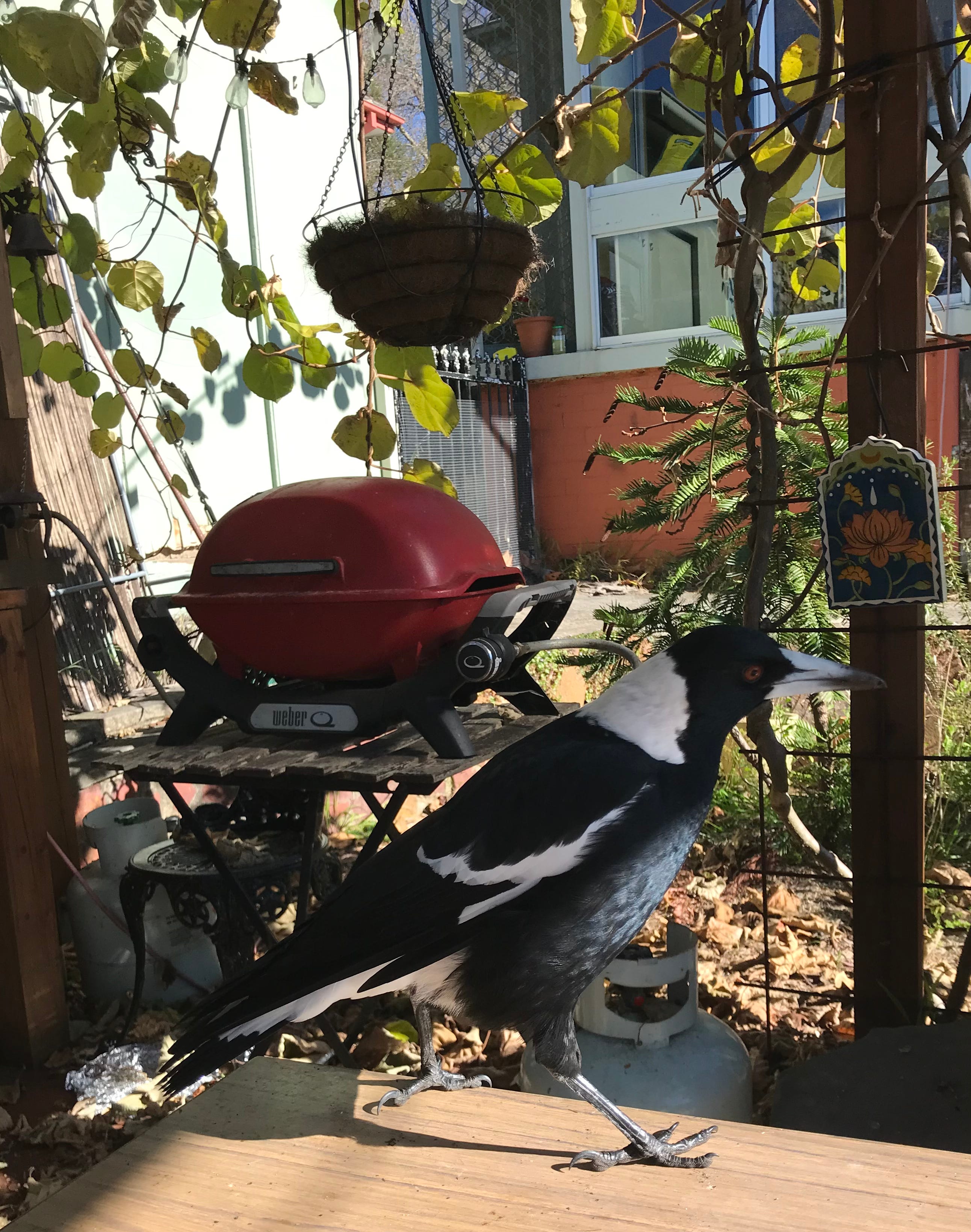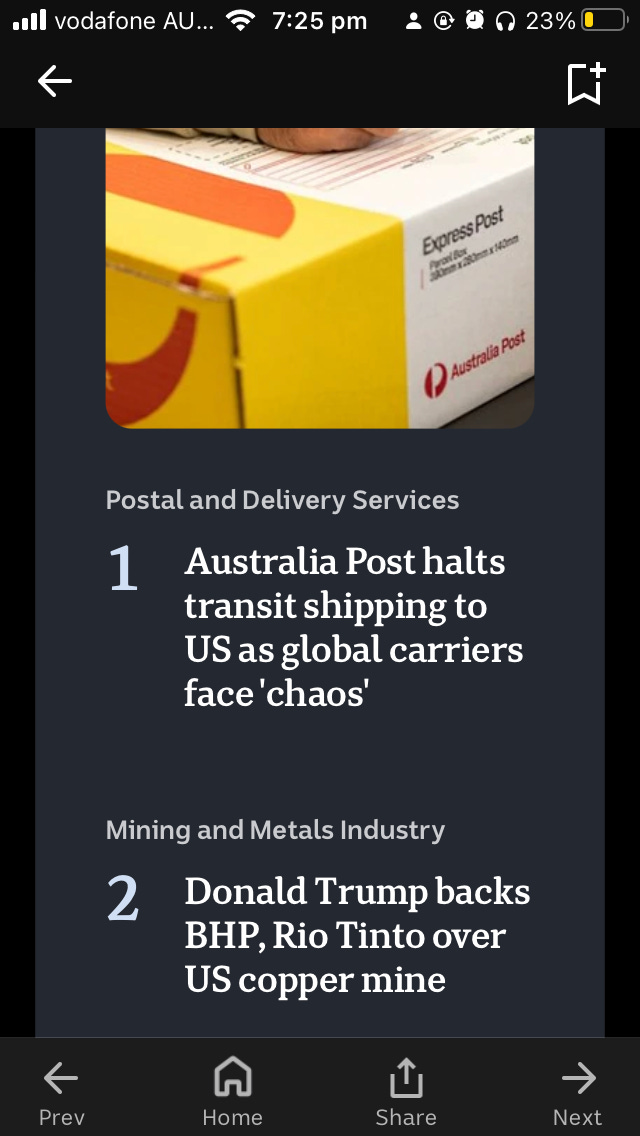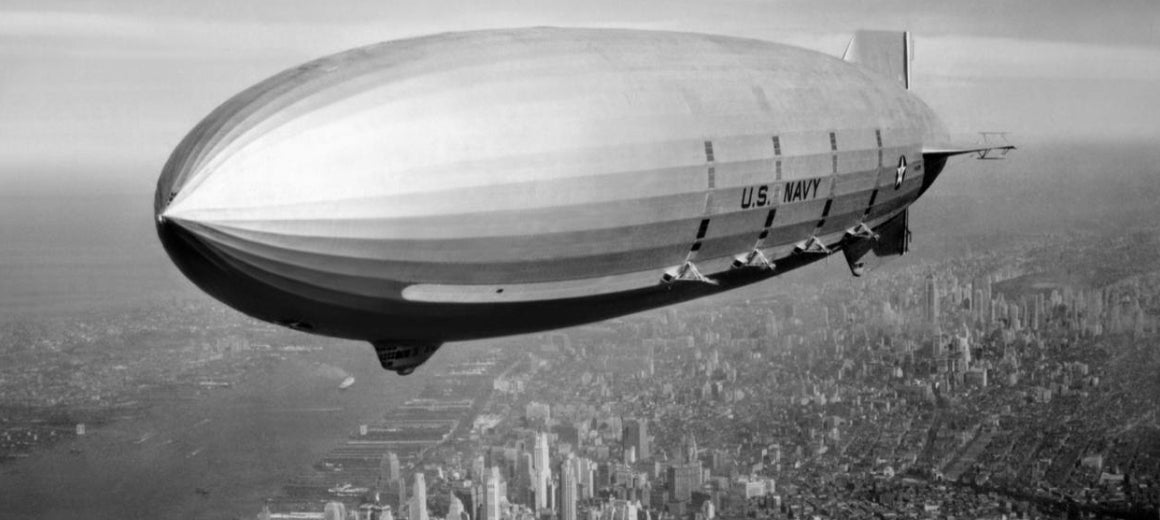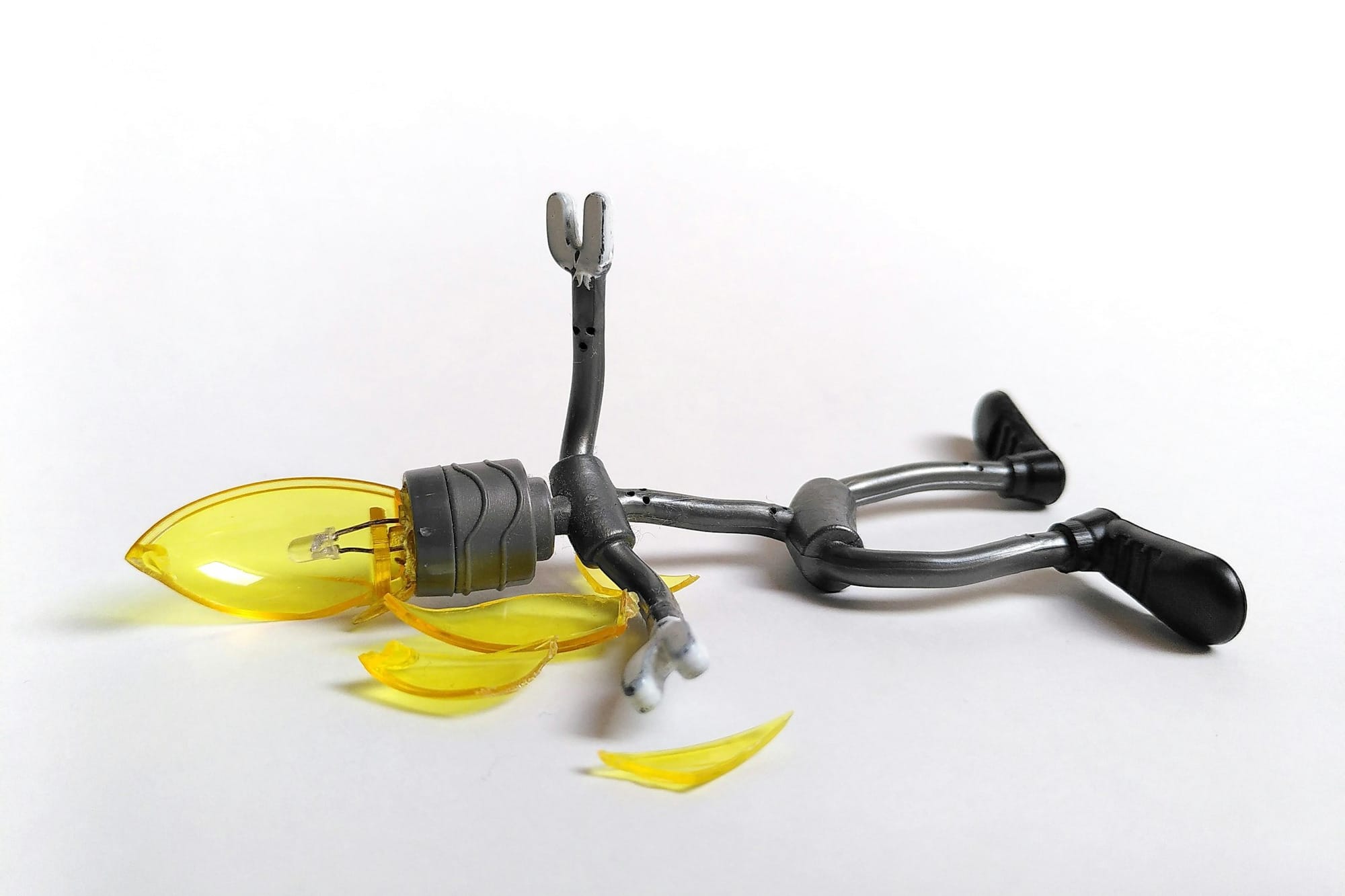Mr Magpie has always been a bold friend. He sits at the table with us when we are outside. In the warmer months when we often leave the back door open he walks inside the house, sometimes looking for a snack, but often enough walks all the way through the house, apparently just to say hello.
Mrs Magpie and Magpie Jr are friendly, but less bold. They come and sit near us on the ground, not at the table. And they join Mr Magpie in eating nearby, but they don’t eat with us as he does – insists upon, even.
When there is food the three magpies sing a special song. It starts with one low warble, then the other two join in. The pitch of the warble gets higher and it ends with a long note, in three parts, pleasantly discordant. The song feels like gratitude or celebration to me, but who knows.
Being in relationship with Magpies is just great.
For the past few months we’d been noticing Magpie Jr is looking pretty adult. How long with they live with Magpie parents, we wondered? Turns, out, not much longer.
For a bit, Mrs Magpie and Magpie Jr hadn’t been around much. Then on a pleasantly warm day that turned out to be a False Spring (it was beautiful – but now we are kinda expecting snow tonight), Mr Magpie walked up to us while we were having lunch in the outdoor kitchen. Seeming kinda coy, but bolder than she had been for months, along came Mrs Magpie AND ALSO A NEW BABY.
Soft downy grey feathers along its little neck, I am totally anthropomorphising, but Mr and Mrs M seemed so proud. We felt so lucky that they wanted us to meet the new baby.

But what happened to the old baby? Obviously I googled. Apparently the young magpies go and join a young magpie gang. The youth gang roams around without a territory and then maybe one day our former Magpie Jr will settle with their own mate and take ownership of a new territory.
That process of roaming, mating and then claiming territory is fundamentally unstable. Each magpie carries with them the potential to maintain control over territory that they don’t yet have. It is messy, power hungry and a bit violent.
As spring looms the violence brews; magpies swoop magpies, in groups and alone. From now until summer is a pretty uncertain season as birds – magpies and their mortal enemies, the sulfur-crested white cockatoos – battle for territorial rights.
Is this a bit like what is happening to us, now?
I’m no expert on tariffs but their intention is surely towards deglobalisation. The Economist magazine, which as I understand it has supported free trade for 182 years, has been all doom and gloom about this whole tariff thing. I’m not saying they are wrong, but rather that 182 years of such a position also constitutes a politics.
Those economists (like at The Economist) who declare tariffs to be universally, ahistorically bad may be correct from certain angles, but we also gotta say that the latest phase of anti-tariff globalisation since the 1970s/8-s has not been that great, based as it is/was on enforcing governmental austerity (from some quarters, a deliberate attempt to override democracy’s tendency to redistribute the booty of capitalism to make things slightly fairer), so that goods, human labour and contracts flow like water to where profit can be extracted at the lowest cost.
Well, really the lowest price for the costs were and are enormous. The environmental cost alone might one day kill us all, while in the meantime we live with unspeakable levels of inequality that may well spill over to Magpies-in-spring level violence, but by humans who have nuclear weapons.
Carbon-spewing globalisation has been terrible for the actual (not just metaphorical) magpies, too, whose trees burned to an existential degree in the 2019 Black Summer bushfires. We were in green, damp England, but my wonderful local friend Naomi Parry Duncan says that many birds moved into town and began to build closer relationships with humans.
When I came home (due to Covid return-home directives) I shed tears as I walked in silent, burned forests with no birdsong – and not even the scuttling of tiny lizards beneath the leaves. The silence, it seemed to me, of mass extinction.
See the entangled nature of our living, and of historical capitalism. Even our present friendship with the Magpie family and their new baby may well be a result of globalisation.

The next story on the ABC news website contradicted the first. Mr “America First” was now choosing our Australian mining giants over red blooded American corporations to mine copper in Arizona.
Well, the end of globalisation didn’t even last as long as the End of History. Before I even scrolled down, globalisation was already back on.
I wonder if that is because deglobalisation is just not what is happening, but instead a kind of geoeconomic fragmentation, forging new complex, networked and multiple trading and relationship blocs.
I find this thought tantalising. But although Google Ngram shows ‘geoeconomic fragmentation’ growing since 2016 (wonder what happened then?), it still thinks ‘deglobalisation’ dominates – if frequency of mentions is a measure of anything (and it probably is).
In fact, under geoeconomic fragmentation, nations may instead be anxious not to lose critical goods, resources and human capital – and definitely, definitely not capital capital, which surely needs to be invested at home, especially to build more homes, flats and high-rise apartments, since somehow everyone seems to now have a housing crisis.
As a result, nations may have more difficulty accessing markets, components, materials, iron ore, and those dangerous-to-get but essential rare earths – and may need to look for them closer to home. So that one might also ask local capital to hang around, please. That really does sound like deglobalisation, doesn’t it, actually?
A related problem is that the workforce is getting older on average and the global workforce is shrinking, due to declining birthrates (except perhaps in Oz where we have high migration).
What it looks like, at least to my inexpert eyes, is that, no longer able to trust in the flow of global capital and a workforce ever-expanding by adding women, migrants and just more people being born, everyone instead is coerced into hunting for the scraps of capital in every dusty corner, under each piece of furniture and between the couch cushions.
Capitalists have long colonised ‘empty’ (not empty) worlds and accumulated their resources. They have exhausted forests (but are still bulldozing the last of them), have tapped the water sources (and are pouring their last dregs into AI) and are scraping the bottom of the very large coal and gas barrel provided by the carboniferous period (and are determined to exploit the last of it, even to the end of the world).
In recent decades the system has gathered women into the workforce (though boosting childcare might grab the scraps of the gendered commodity frontier).
What is left? Maybe the speed of investment, producing faster reinvestment?
Because now, a new deregulation (not-actually-deregulation, really) movement seeks to loosen selected regulations (in a flexible, targeted way) so that capital can be deployed more quickly (but without the perverse, deadly results of deregulation). Less friction, more profit from even small scraps of capital, right?
Similarly, encouraging labour mobility, at least within domestic borders, so that skills that are under-utilised in one area can be exploited by a sector that really needs them.
Augmenting labour with AI and other forms of automation waves the metal detector over the old mine.
And then, combining multiple, previously-marginal, sources of energy will ensure there is enough power to make the AI run.
Somewhere under those couch cushions is some loose capital which, added up, amounts to something that is not austerity and we might as well call abundance – though it does not look, at least to me, like abundant life.
And in an anti-colonial, turning-power-systems-upside-down sense, we also, surely, want to attribute agency to the Magpies – and maybe even those dickhead suflur-crested cockatoos who snip the heads of hyacinths, lettuces and even the solar-powered outdoor lights in the outdoor kitchen. Rather than extract value from a perceived passive ‘nature’, we include it as agents that make our world, history and economy.
In our history of capitalism reading group last week we (re)read Timothy Mitchell’s classic book chapter ‘Can the Mosquito Speak?’.
A wondrous, meandering discussion about agency and relationships between non-human things (birds, coal, mosquitos, pens, AI) and humans in the history of capitalism a clever postdoc at the beleaguered UTS, Matt Ryan, pointed out that the question of agency in the history of capitalism may not be so much about whether the mosquito can speak as whether the mosquito can unionise.
When I went out to the outdoor kitchen to find snipped light bulbs, I gotta say that felt like anti-colonial, collective direct action on the part of the cockatoos – against me.*
So, maybe.
I’m not certain about much. But things are changing. Power relations. Geopolitics. The global economy. And the logics and intellectual frameworks in which we try to think, do and make policy. Even if we are Magpies.
*Since I drafted this the sulfur crested cockatoos also destroyed a bed of garlic, another of spring onions and DUG UP (not just snipped) the jonquils.









